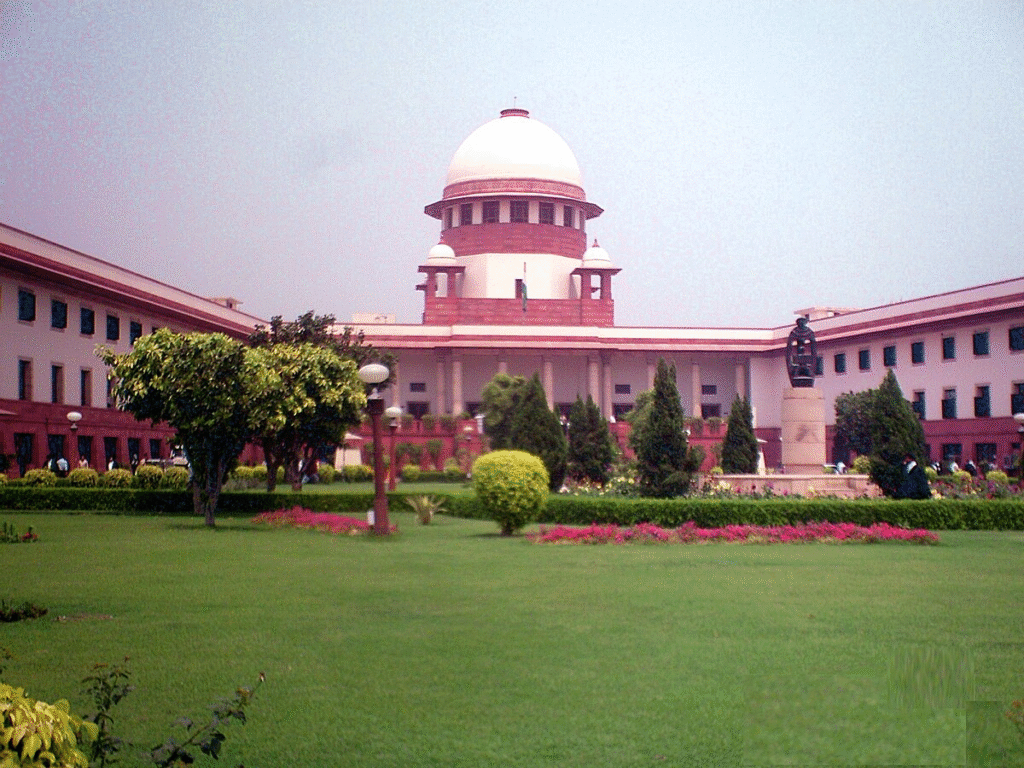New Delhi: Chief Justice of India (CJI) B R Gavai on Thursday made an important remark during the ongoing Presidential reference hearing. While hearing arguments on whether the Supreme Court can set a time limit for governors and the President to act on state bills, the Chief Justice remarked that “judicial activism should not become judicial terrorism or judicial adventurism.”

The remark came in response to Solicitor General Tushar Mehta’s argument that elected representatives with years of experience should never be underestimated.
How did this remark originate?
During the hearing, Solicitor General Tushar Mehta argued that being constitutional authorities, governors and the President have an independent function to give or withhold assent to bills passed by state legislatures under Article 200. He emphasised that today elected leaders are more directly accountable to voters than they were two decades ago.
In response, Chief Justice Gavai clarified that the judiciary has never sought to undermine elected representatives, but it must ensure that activism within the courts does not reach the level of encroachment.
Highlights of the hearing
- Governor’s Powers on Bills:
The bench reiterated its earlier stance that a Governor cannot send a Bill back to the President after it has been re-passed by the state assembly. - Bench Composition:
The five-judge Constitution Bench included CJI B R Gavai, and Justices Surya Kant, Vikram Nath, P S Narasimha, and A S Chandurkar. - Centre’s Stand:
In written submissions, the Centre argued that imposing fixed timelines on Governors and the President would disrupt the balance of power among constitutional authorities and could create “constitutional disorder.” - Presidential Reference:
In May, President Droupadi Murmu sought clarity from the Supreme Court under Article 143(1) by raising 14 key questions regarding the powers of Governors and the President under Articles 200 and 201. - Timeline Issue:
Earlier in April, while dealing with bills passed by the Tamil Nadu Assembly, the Supreme Court for the first time suggested that the President should decide on bills reserved by Governors within three months. This raised fresh debate, ultimately leading to the Presidential reference.
Why this hearing is important
The outcome of this case could significantly impact the relationship between the legislature, executive and judiciary in India. At the heart of this debate is a key question: should courts have the power to set time-limits for constitutional authorities such as the President and governors in matters relating to state legislations?
If the court rules in favour of time-limits, it could lead to greater efficiency and clarity in governance. However, critics argue that it may also blur the constitutional separation of powers.
Chief Justice B R Gavai’s cautionary words serve as a reminder of the delicate balance that must be maintained between judicial oversight and judicial overreach. The Presidential reference on Governors’ powers is likely to become a landmark decision that could redefine the functioning of India’s federal structure.
As the hearing progresses, all eyes will remain on the Supreme Court to see whether it upholds the tradition of judicial restraint or charts a new course in constitutional interpretation.
